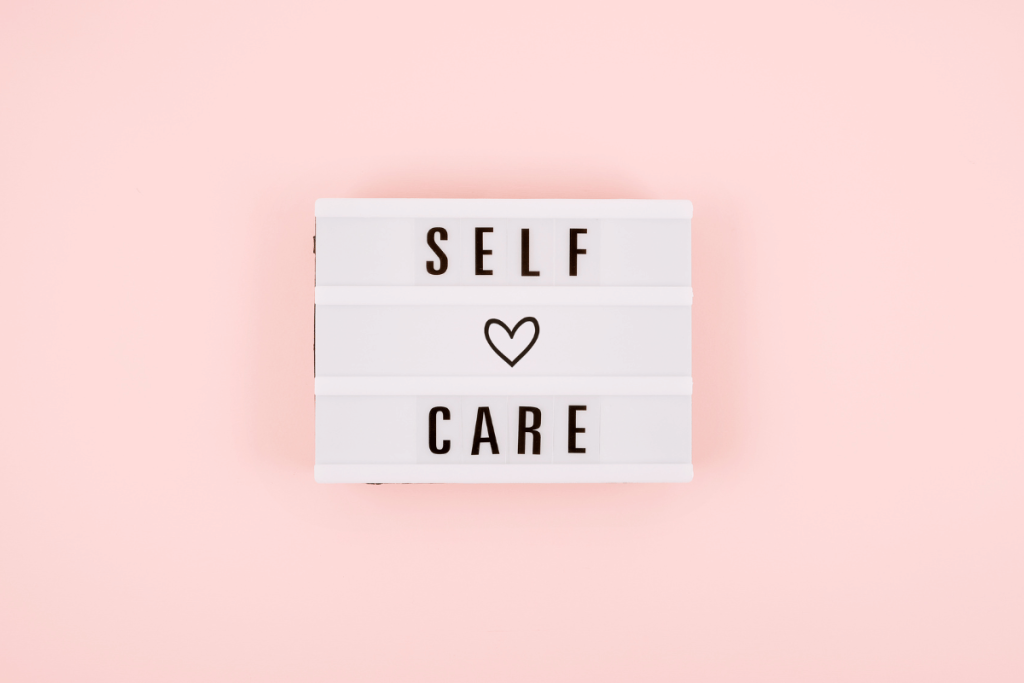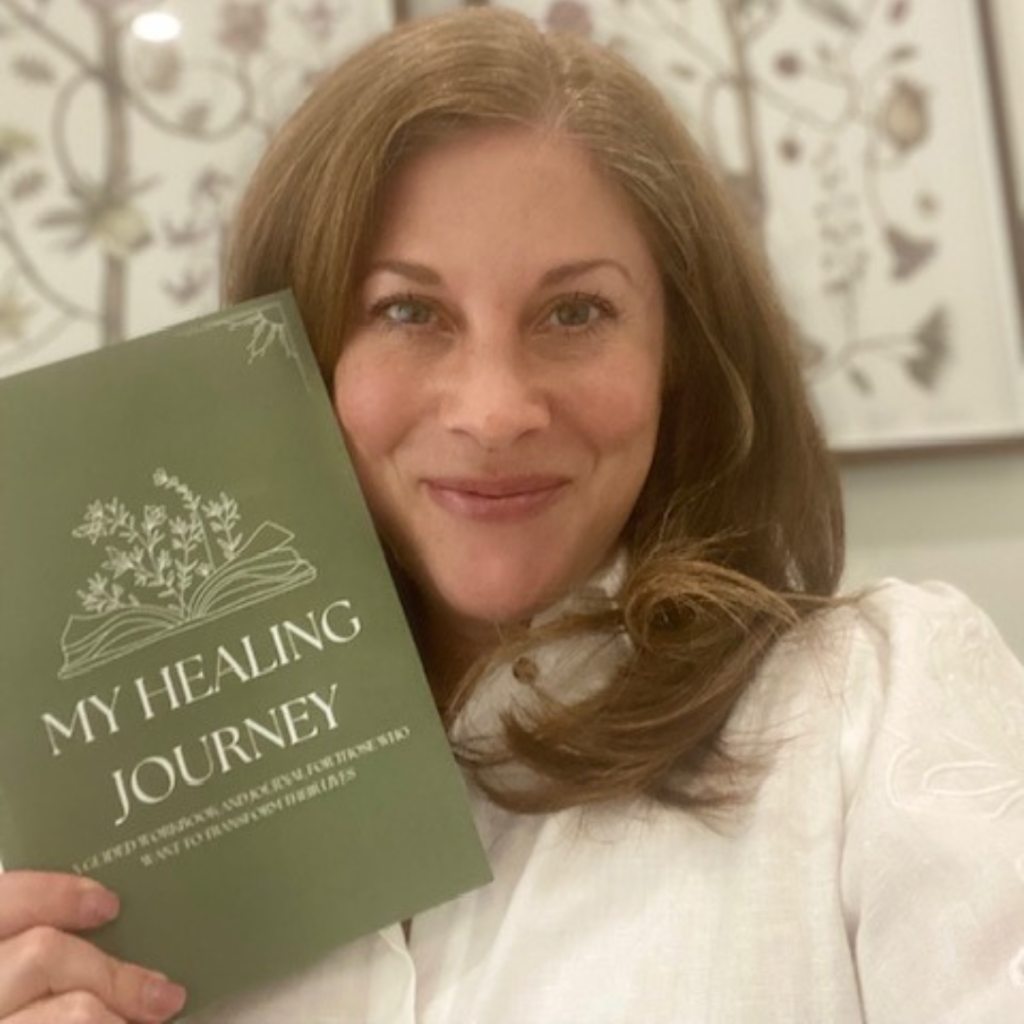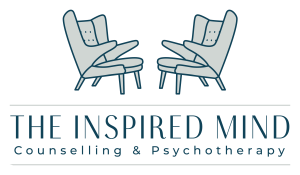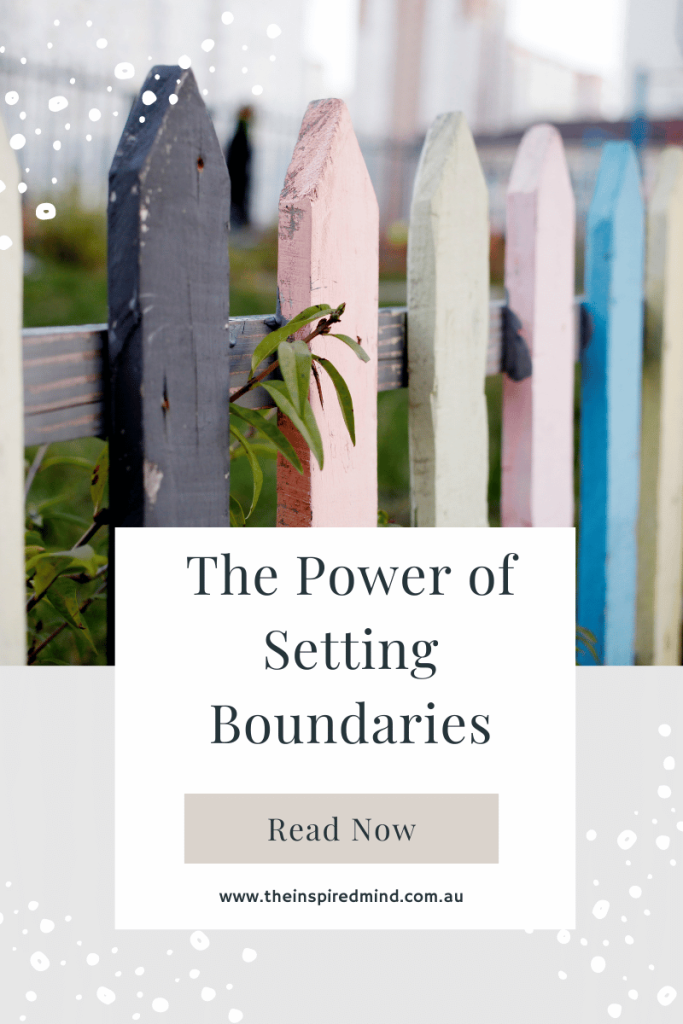Self-care has become a byword for taking care of yourself, but when it comes to our emotions, they’re often left behind. Here’s how you can reconnect with your inner self through emotional self-care.
Self-care has been defined as, “a multidimensional, multifaceted process of purposeful engagement in strategies that promote healthy functioning and enhance well-being.”1

In layman’s terms, this can mean engaging in everyday tasks that help you feel physically and mentally well, helping to relieve the pressures of any life stressors you’re experiencing. When it comes to our physical health, we’re told to eat well, get enough sleep and take regular exercise. For our mental well-being, many proponents of self-care will advocate various forms of ‘me-time’ such as going for a walk with a friend or enjoying your favourite hobby. However, there’s another type of self-care that is just as important than the physical and social elements: emotional self-care.
It’s really important to have healthy coping skills to manage your emotions like anger, stress, sadness and anxiety. If we are not able to manage our emotions, they can control us and can lead to problems such as anger management issues, along with anxiety and depression. And it’s not just our mental health that suffers. Our relationships can also suffer as we develop unhealthy patterns of relating to others and unhelpful coping mechanisms.
By developing our emotional self-care, it encourages us to learn skills that help develop our self-awareness, understand and even alter our patterns of coping and relating to others.
So how are some ways we can look after our emotional health?
Paying attention to what is happening to your body, both physically and emotionally, helps you identify when something is affecting you. You may notice that every time you begin to feel angry, anxious or sad, your body reacts. Your pulse may quicken, your breathing rate increases, you sweat or if you’re feeling angry, you may ‘see red’ and lose the ability to think rationally. It’s not always possible to do in the moment but after an episode, it can be really helpful to think about what happened immediately before you became emotional. You may notice your emotions were triggered by someone or something. It might remind you of something that’s happened in your past. Often our emotions are a defensive reaction to a perceived threat and we will instinctively react. Taking the time to understand what was going on for you on a deeper level is the first step to understanding your emotions. Once you can do this, you can begin to examine your patterns of coping and ask yourself if they are helping or hindering you.

Another example of emotional self-care can be examining your automatic thoughts and behaviours. Automatic thoughts are stories we tell ourselves about who we are and how able we are to cope with life. Are you always telling yourself you’re lazy or never good enough? Are you often hard on yourself? Identifying these types of thoughts can help us recognise if we are experiencing automatic negative thoughts. Often we have introjected these beliefs from our childhood, whether that be from experiences or relationships. The key to freeing yourself from these thoughts is to ask yourself if they are helping or hindering you. If they are not helping you care for yourself, start replacing them with more loving and accepting language. You’ll be surprised how much calmer you feel and more accepting of yourself you become.
When it comes to automatic behaviours, examples include working excessively, staying up late even when you are really tired, avoiding tasks you need to do until the last minute and being constantly late. Unhealthy coping mechanisms can include excessive drinking or drug taking, staying in toxic relationships and compulsive shopping. They may help us feel better in the short term but can be doing real harm to our emotional well-being in the long term.
We may think these behaviours are just part of our character but often, they are a way for us to avoid certain emotions or situations that make us feel uncomfortable. Being able to examine these thoughts and behaviours in a non-judgemental, curious way can help us understand how they serve us and give us the freedom to ask ourselves if there’s a better way to manage our emotions.
By normalising emotional self-care, it gives us the permission to understand ourselves and our needs and how they change, depending on our stress levels. It’s an intentional way of living that can be incorporated into our everyday life and can make a real and lasting difference to the relationship with have with ourselves and others.
- Dorociak KE, Rupert PA, Bryant FB, Zahniser E. Development of a self-care assessment for psychologists. Journal of Counseling Psychology. 2017;64(3):325-334.

Looking for a small way to start your growth journey?
The ‘My Healing Journey’ journal & workbook is a valuable way to gain insight into your inner feelings so you can begin the healing process. I have worked with hundreds of clients to refine the journal and witnessed the positive results in their journey. You too can start your healing.
Order ‘My Healing Journey’ directly from my website


